

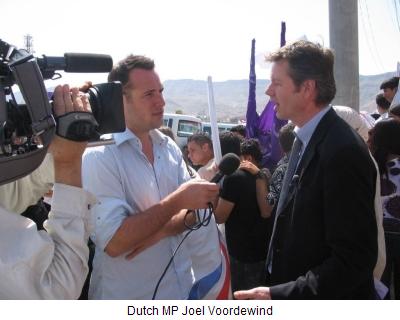 (AINA) -- A Dutch delegation of politicians and journalists traveled to the Assyrian region in north Iraq between March 28 and April 5. The delegation met with more than one hundred Internally Displaced Persons (IDPs), Assyrian leaders, Assyrian NGO's, UNHCR, the Red Cross and Kurdish leaders.
(AINA) -- A Dutch delegation of politicians and journalists traveled to the Assyrian region in north Iraq between March 28 and April 5. The delegation met with more than one hundred Internally Displaced Persons (IDPs), Assyrian leaders, Assyrian NGO's, UNHCR, the Red Cross and Kurdish leaders.
Based on the information gathered during the visit, the delegation has concluded the the Christian Assyrians are being eradicated from their ancestral lands and the international community must act to protect them.
The fact finding mission was left with the impression that the Arab controlled areas of Iraq remain highly insecure for Assyrians as Islamists continue to attack families. Around 95 percent of the Assyrian IDPs the delegation spoke with had lost at least one family member to the Islamic terrorists. Meanwhile, in the Kurdish dominated north, discrimination continues and according to the Assyrian Democratic Movement 25% of Assyrians living in areas controlled by Kurds have left in the last two years because of persecution and harassment.
One of the delegates, Mr. Joel Voordewind, who is a member of the Dutch parliament, concluded that Assyrians are relatively safe in the north but noted that "There are barriers for the Assyrians to develop themselves in northern Iraq, and that is concerning the ownership of land (confiscated by Kurds), access to government jobs if you are not a member of the KDP party and paying indirect taxes if you have your own enterprise as member of a minority, so there are limitations."
Attiya Gamri, a Dutch politician of Assyrian origin who coordinated the fact finding mission stated: "When you see and hear everything that's going on you get a feeling that Sunnis, Shiites and Kurds have some kind of subtle agreement to drive out the non-Muslim minorities."
While Gamri says the fear among Assyrians has increased much since her latest trip there in 2006, she sensed that the determination of the people has grown stronger about what they want. "In the Assyrian new year's parade organized by the Assyrian Democratic movement we saw with our own eyes close to 50,000 Assyrians demonstrating that they want local self rule attached to Baghdad. The people have decided what they want."
The great majority of Assyrians the Dutch delegation met with expressed a strong desire to remain on their ancestral lands and pointed out that they can only stay if they are allowed to form local self rule in the Nineveh Plains. Realizing the importance of safety for the Nineveh Plains, Mr. Voordewind acted immediately upon his return to Holland: "I have urged my minister of foreign affairs to take a look at the protection of the Nineveh Plains, because what I have seen now is that the protection is provided by Kurdish soldiers who are member of the Iraqi army, and from what I heard from from Assyrian civilians, shopkeepers and Assyrian leaders, they prefer to have their own military or police force as part of the Iraqi army protecting Nineveh."
Assyrians are in fact not the only ones calling for an Assyrian administered Area in Nineveh. Leaders of Yezidies and Shabaks, two other non-Muslim and non-Kurdish minorities present in the Assyrian region, expressed a desire for having the area under Assyrian control, as they were convinced their communities would be better off under this arrangement. Yezidi's, Shabaks and Assyrians comprise nearly 95% of the population in the Nineveh plains region; they form a diverse group that has lived in peaceful coexistence for centuries and are all victims of Islamic fundamentalist groups and aggressive and hostile Kurdish policies. This self-administrative area will be a diverse region and not a "ghetto" for one specific ethnicity or religion.
Adding further support, the Sunni Arabs in Mosul have announced they will never accept Kurdish rule over the Assyrian region, stating they would accept an Assyrian Administered Area because the Assyrians are Iraq's indigenous population.
Witnessing the dire situation of the Assyrians, Mr. Voordewind says he hopes that the international community, especially the Christian community in the West, will help the Assyrians and provide development aid to the places they live in, "So they don't flee the country, so they have enough protection, so there will also in the future be a presence of the oldest people, oldest ethnic group in Iraq, because it will be very sad if all the Assyrians leave their ancestral lands."
By Afram Barryakoub
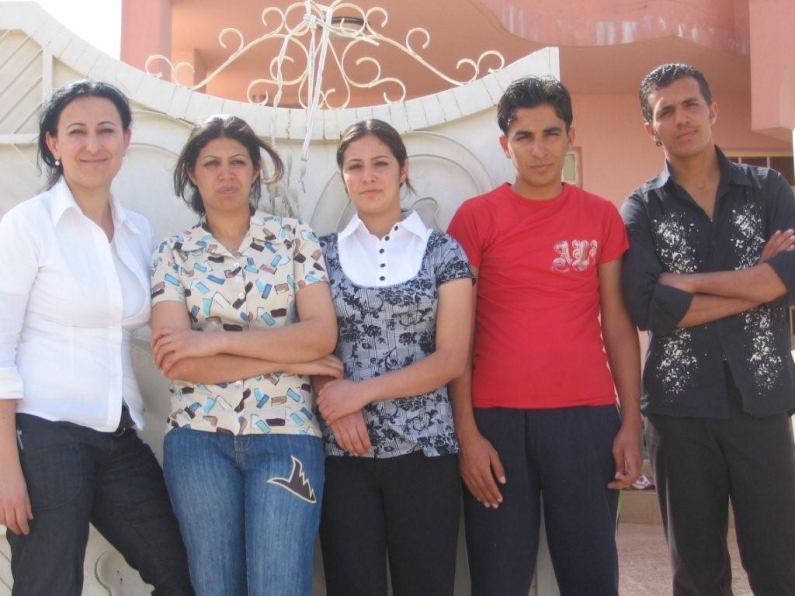
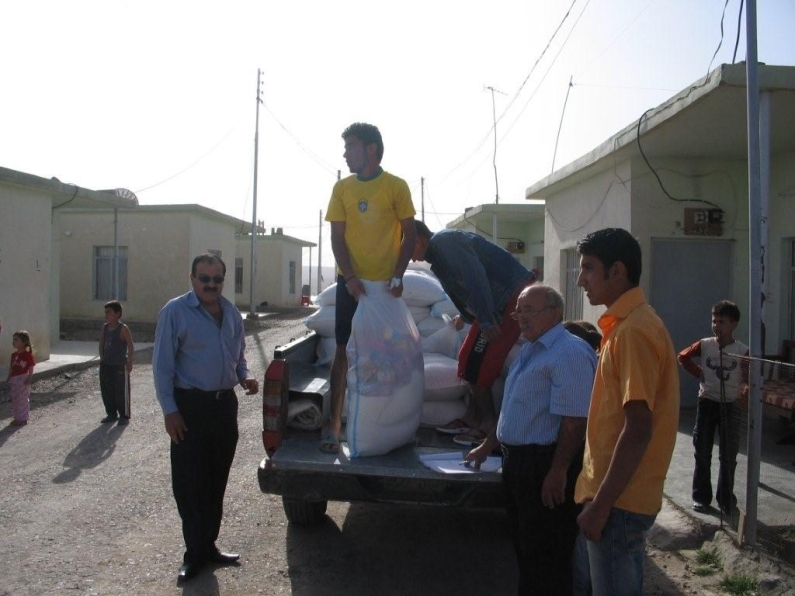
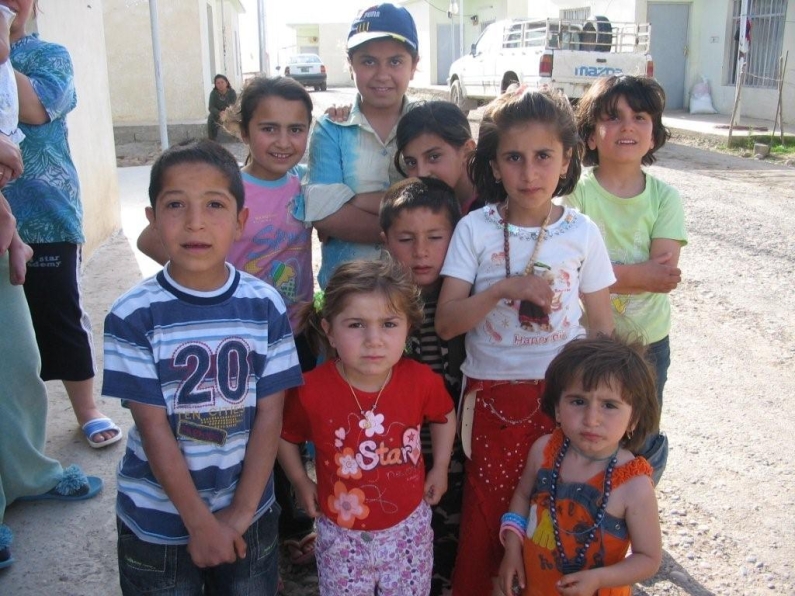
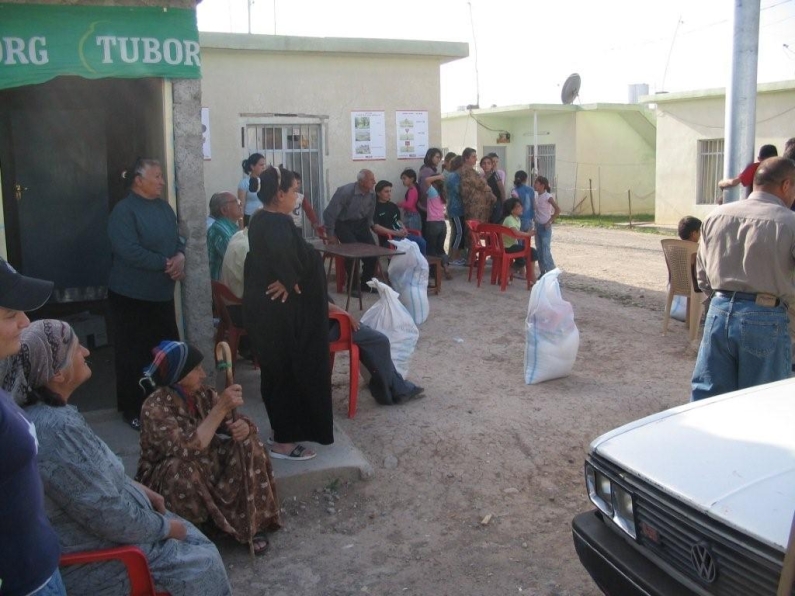
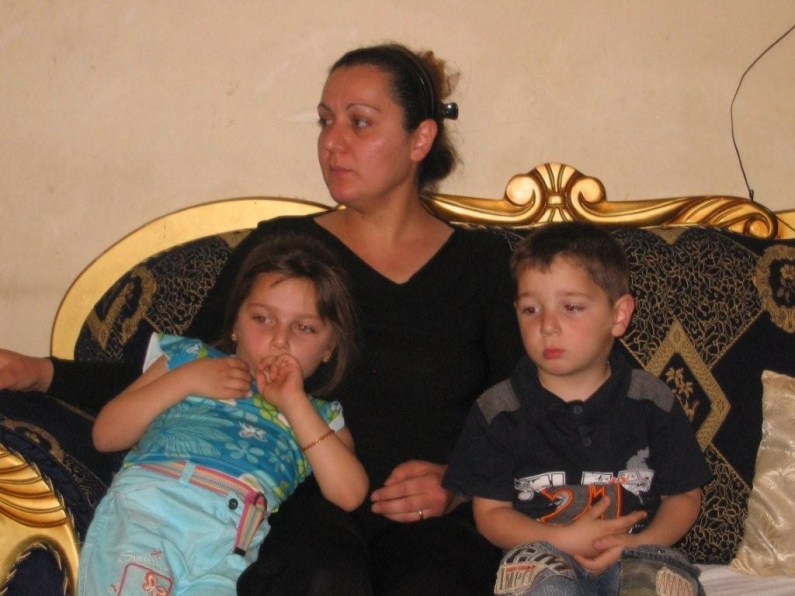
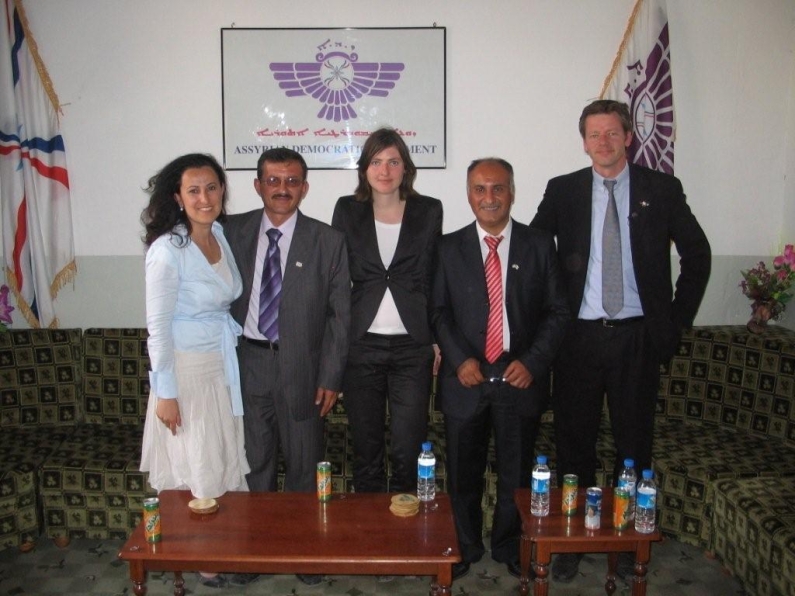
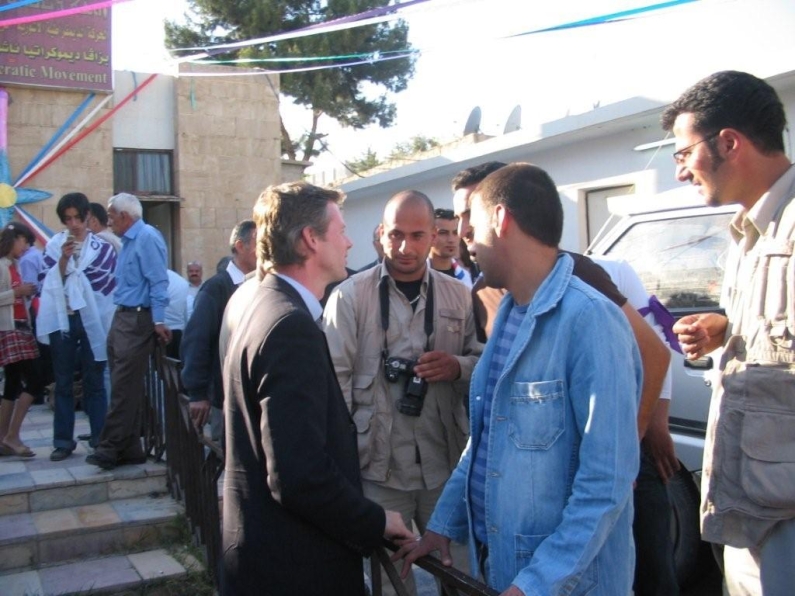
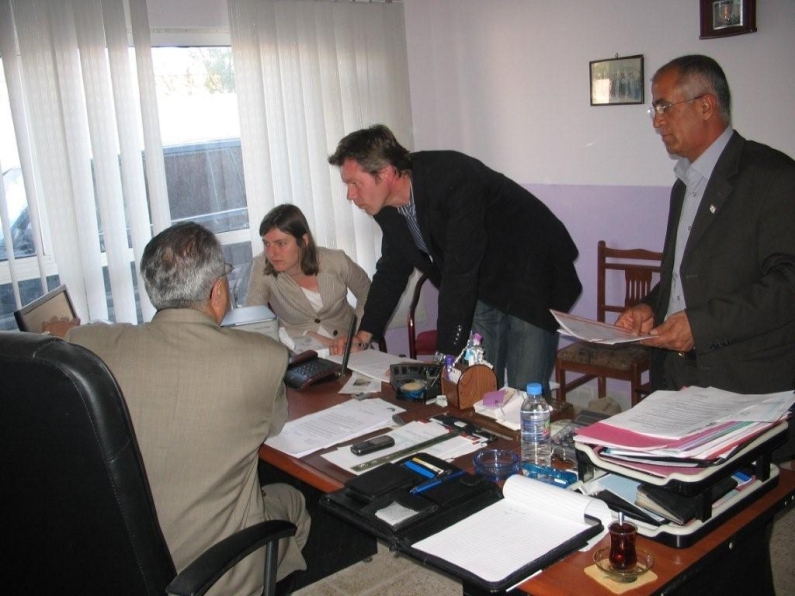
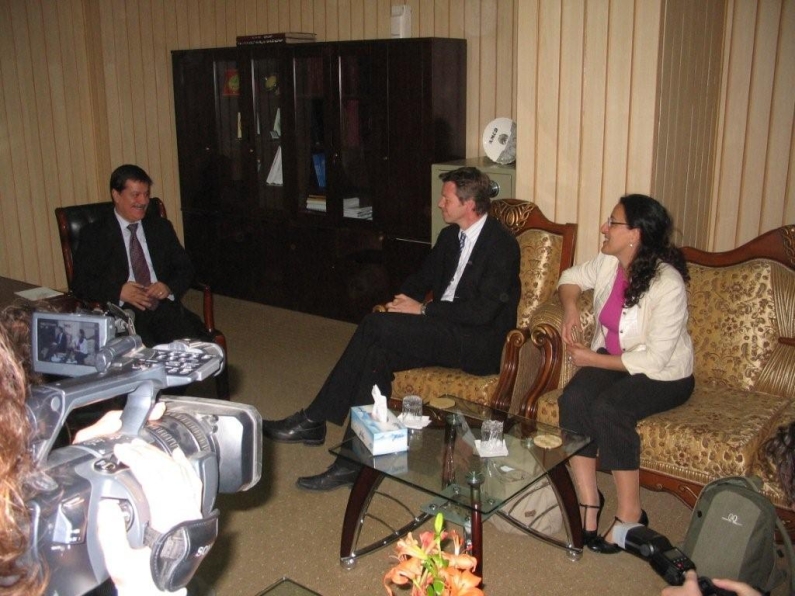
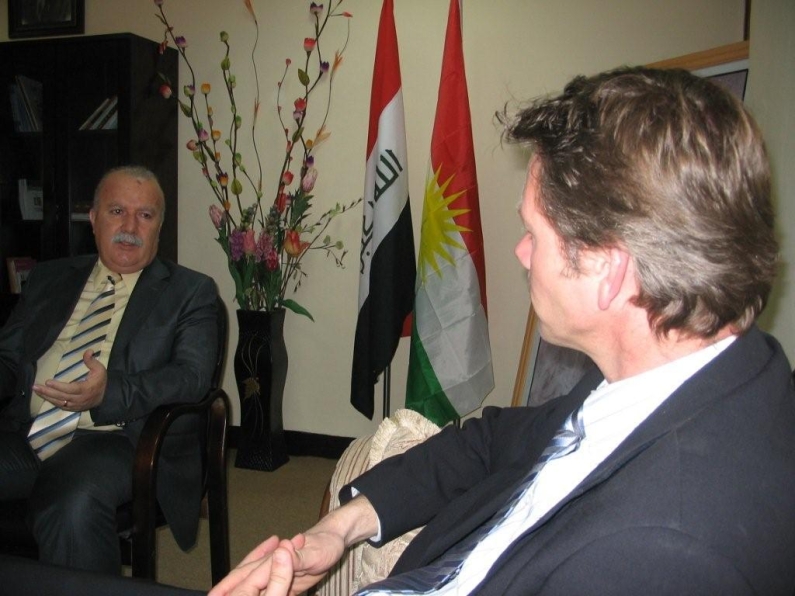
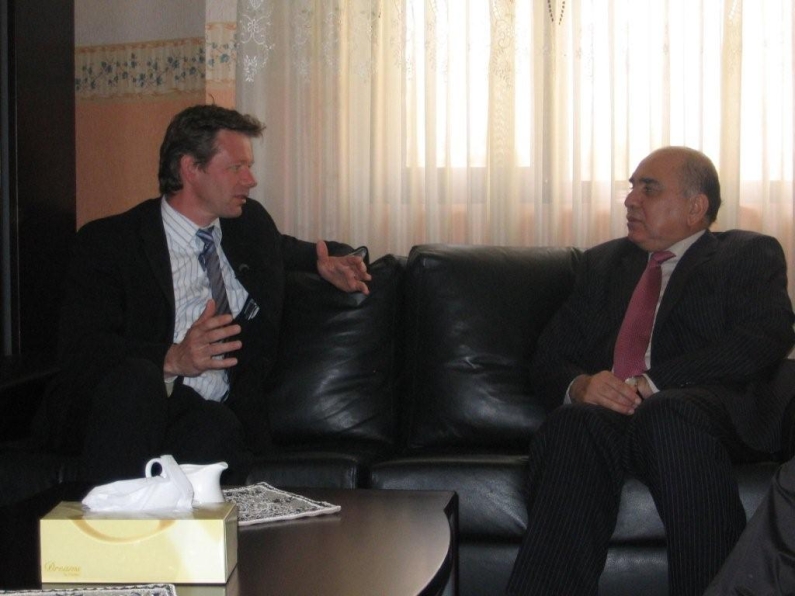
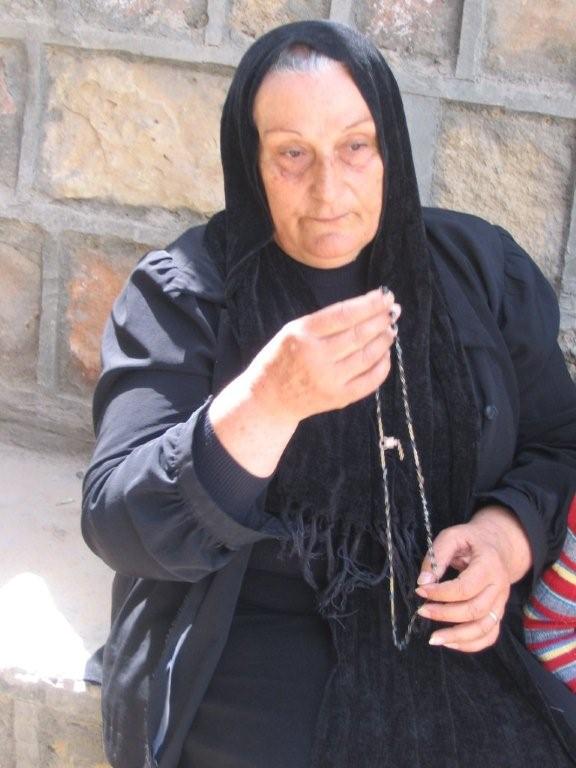

or register to post a comment.